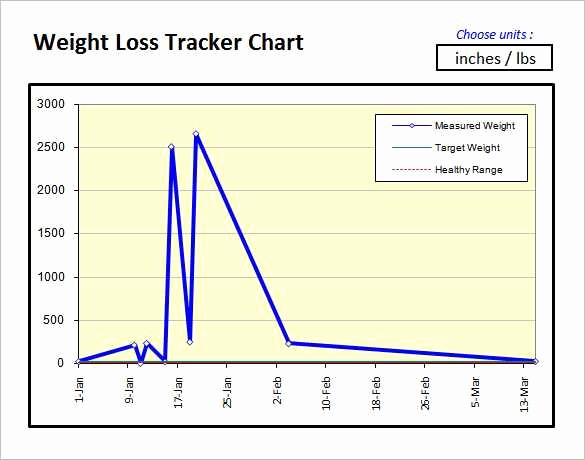Workers Comp: Do You Need Paperwork?

When dealing with workers' compensation (workers comp), many employees are left in the dark about the process, particularly regarding the paperwork involved. Whether you've suffered an injury on the job or have developed an illness due to workplace conditions, understanding the necessary documentation is crucial to ensure you receive your rightful benefits without undue delay.
What is Workers’ Compensation?

Before diving into the paperwork specifics, let’s quickly review what workers’ compensation entails. Workers comp is a form of insurance that provides wage replacement and medical benefits to employees who are injured while performing their job duties. Here are the key components:
- Medical treatment
- Rehabilitation expenses
- Compensation for lost wages
- Death benefits for dependents of workers who die due to work-related injuries or illnesses
Is Paperwork Required?

Yes, paperwork is indeed a fundamental part of the workers’ compensation process. Here’s a detailed look into the types of documents you might encounter:
Incident Report

- Form: Typically, an employer will provide an incident report form to be filled out by the injured employee.
- Details: This form will include the date, time, and description of the incident, witnesses’ names, and how the injury occurred. Detailed and accurate information is crucial.
Claim Form

- Form: Employees must complete a workers’ compensation claim form. This is often referred to as the “First Report of Injury” or “Employer’s Report of Injury.”
- Details: You’ll need to provide personal information, describe the injury or illness, and list your treating physicians.
Medical Documentation

- Doctor’s Notes: Your physician will provide notes detailing your condition, treatments recommended, and expected recovery time.
- Medical Bills: Keep copies of all medical bills associated with the injury or illness.
- Work Restrictions: If your doctor imposes work restrictions, these should be documented and shared with your employer.
Employer Documentation

- Employer’s Report: Your employer must file their version of the incident with their insurance provider.
- Wage Information: Your employer will need to provide wage details to calculate your compensation accurately.
The Process of Filing Workers Comp

Here’s how you typically go about filing a workers’ compensation claim:
- Report the Incident: Immediately inform your supervisor or the human resources department about your injury or illness. This should be done as soon as possible after the incident.
- Fill Out the Forms: Complete all necessary forms as accurately as possible. Errors or omissions could delay or even deny your claim.
- Seek Medical Attention: Ensure you receive medical treatment promptly. Your medical records will be a critical part of your claim.
- Monitor and Submit Further Documentation: Keep track of your medical appointments, treatments, and any changes in your condition. You might need to submit updates to your claim.
- Stay in Contact with Your Employer: Keep open communication with your employer and the workers’ compensation insurer for any additional information or updates on your claim’s status.
💼 Note: Delaying the reporting of an injury can complicate or even void your claim. Prompt action is always recommended.
Common Challenges with Workers Comp Paperwork

Here are some issues you might face with paperwork in the workers’ compensation process:
- Missing Information: Ensure all forms are filled out completely. Incomplete forms can be a primary reason for delays or claim rejections.
- Incorrect Forms: Different states might have different forms. Filing with the wrong documentation can lead to confusion and unnecessary delays.
- Timely Submission: There are strict deadlines for submitting forms. Late submissions can jeopardize your claim.
Tips for Smooth Workers Comp Process

- Keep Copies: Always make copies of every form, medical report, and bill for your records.
- Organize Documentation: Keep all documents well-organized and in one place for easy retrieval.
- Understand the Deadlines: Familiarize yourself with state-specific deadlines for filing claims and submitting medical records.
Understanding and correctly handling the paperwork for workers' compensation is vital to ensure you get the support you need after a workplace injury or illness. Each step, from reporting the incident to receiving compensation, involves careful documentation. Remember, thoroughness and promptness in your actions can significantly influence the outcome of your claim.
What happens if I miss the deadline to report my injury?

+
Missing the deadline can complicate or even void your claim. Workers’ compensation laws have strict timeframes for reporting and filing claims, so it’s crucial to act quickly. Delays might lead to an assumption that the injury wasn’t work-related or might result in legal barriers to your claim.
Do I need a lawyer for my workers’ comp claim?

+
While you can file a workers’ comp claim without legal representation, having an attorney can be beneficial, especially if your claim is denied, if there are disputes over the extent of your injury or disability, or if there’s a significant amount of compensation at stake.
Can my employer fire me for filing a workers’ comp claim?

+
It’s illegal for an employer to retaliate against you for filing a workers’ comp claim. This includes firing, demoting, or otherwise discriminating against you because of the claim. If this happens, you might have grounds for a separate legal claim.



